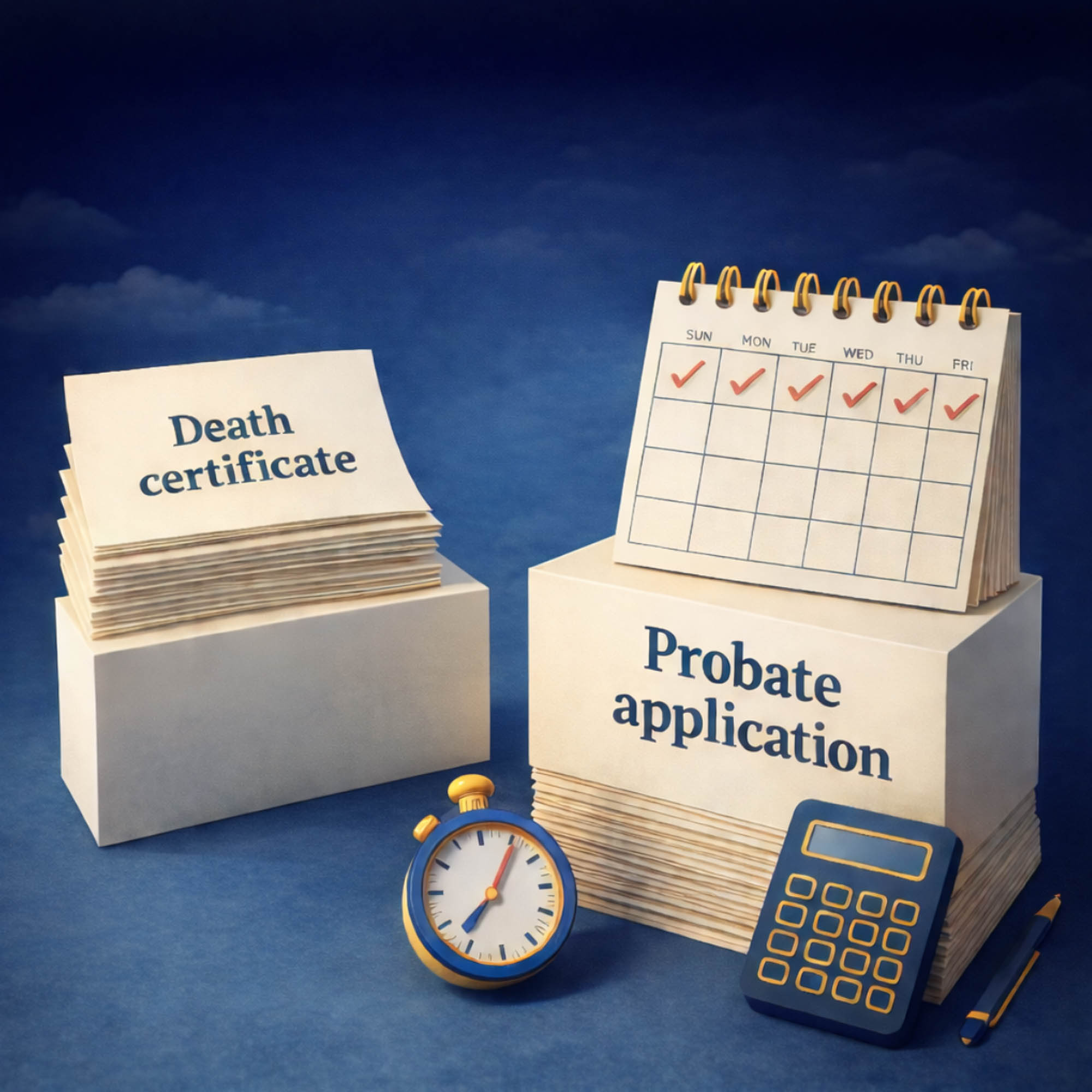In the UK, the Executor of a Will is responsible for managing the estate of a deceased person, paying any debts and taxes, and distributing the remaining assets according to the terms of the Will. The specific duties of an Executor may include:
• Obtaining a Grant of Representation: This is a legal document that confirms the Executor’s authority to manage the deceased person’s estate.
• Gathering and securing the deceased person’s assets: This includes finding, identifying, and protecting the deceased person’s property.
• Paying debts and taxes: The Executor is responsible for paying off the deceased person’s debts and any taxes owed, such as Inheritance Tax.
• Distributing the remaining assets: The Executor must distribute the assets according to the terms of the Will, which may include selling property or transferring assets to beneficiaries.
• Keeping records: The Executor must keep accurate records of all transactions and decisions made in the estate administration process.
• Communicating with beneficiaries: The Executor should keep the beneficiaries informed of the administration of the estate and any decisions made.
It is important to note that Executors have a financial and legal duty to act in the best interests of the estate and its beneficiaries and must act with care, skill, and impartiality.
What is the first thing an Executor should do when someone passes away?
The first thing an Executor of a Will should do is establish the deceased person’s assets and liabilities. This includes finding and securing the deceased person’s property and accounts, as well as determining any outstanding debts or taxes that need to be paid.
The Executor should also obtain a copy of the Will, if one exists, and determine who the beneficiaries are. After this, the Executor should obtain a Grant of Probate, if necessary, to confirm their authority to manage the estate.
What is a Grant of Representation?
A Grant of Representation is a legal document issued by the Probate Registry in the UK that gives the person named in the Grant the authority to administer a deceased person’s estate. This Grant is required when the deceased person owned assets in their sole name and the assets cannot be transferred to the beneficiaries without it.
The two most common types of Grants in the UK are a Grant of Probate and a Grant of Letters of Administration. A Grant of Probate is given when the deceased had a valid Will, while a Grant of Letters of Administration is issued when the deceased passed away without a valid Will, also known as dying intestate.
Can the Executor of a Will be a beneficiary?
This is a frequently asked question by Executors. Yes, the Executor of a Will can also be a beneficiary.
It is common for individuals to name a close family member or friend as both the Executor and a beneficiary when drafting their Will. However, it is important for the Executor to maintain impartiality and act in the best interests of all beneficiaries, regardless of whether they will personally benefit from the estate.
If there is any concern about a conflict of interest, it may be better to name a neutral party as the Executor before the estate administration process begins.




